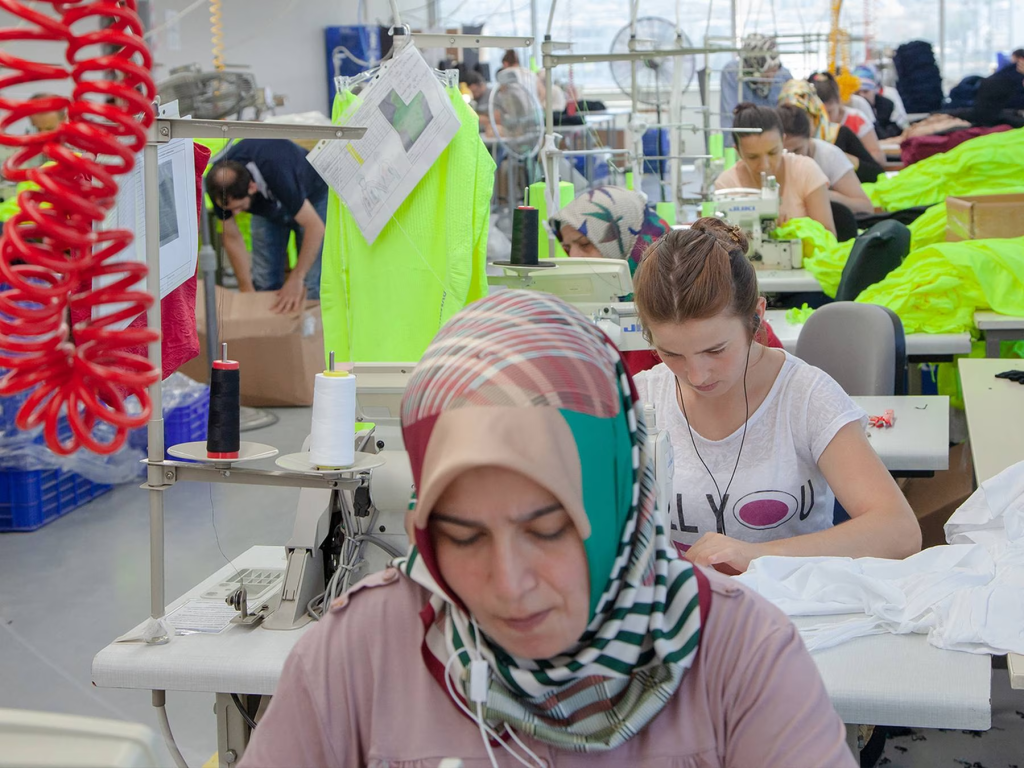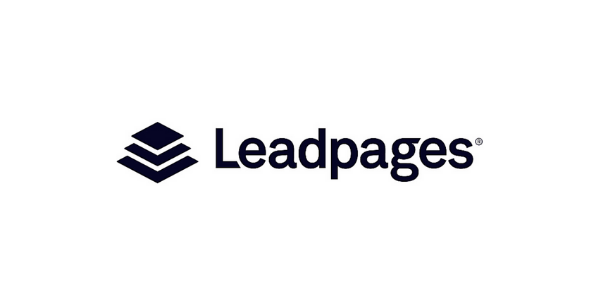
In a significant move towards promoting ethical business practices and safeguarding human rights, the European Union (EU) Parliament has shown its support for implementing rigorous company checks on suppliers to combat human rights abuses. This landmark decision aims to hold companies accountable for their supply chains and ensure that they are not complicit in any violations of human rights.
Upholding Human Rights Standards through Supplier Assessments
The EU Parliament’s endorsement of company checks on suppliers is a crucial step in addressing the growing concerns surrounding human rights abuses in global supply chains. By introducing stricter regulations and monitoring mechanisms, the EU aims to create a framework that promotes transparency, accountability, and the protection of human rights.
Strengthening the Supply Chain Accountability
One of the primary objectives of the EU Parliament’s decision is to strengthen the accountability of companies by making them responsible for the actions and practices of their suppliers. This move recognizes that businesses have a moral and ethical duty to ensure that their supply chains are free from human rights abuses.
To achieve this, companies will be required to conduct comprehensive assessments of their suppliers’ practices, including labor conditions, worker rights, and environmental sustainability. By conducting these checks, businesses can identify any potential violations and take appropriate actions to rectify them.
Preventing Exploitation and Forced Labor
The EU Parliament’s support for company checks on suppliers also aims to combat exploitation and forced labor. By thoroughly examining supply chains, companies can identify instances where workers are subjected to unfair treatment, unsafe working conditions, or forced labor. This step is crucial in eradicating these practices and ensuring that workers’ rights are respected throughout the supply chain.
Benefits of Company Checks on Suppliers
The decision to back company checks on suppliers for human rights abuses comes with several benefits for both businesses and society as a whole. Let’s explore some of these advantages:
1. Enhanced Corporate Reputation
By proactively implementing supplier assessments and taking corrective actions, companies can strengthen their corporate reputation. Ethical and responsible practices resonate positively with consumers, investors, and stakeholders. Demonstrating a commitment to human rights and social responsibility can enhance a company’s brand image, fostering trust and loyalty among its customers.
2. Mitigated Legal Risks
In recent years, there has been an increasing focus on holding companies legally accountable for human rights abuses within their supply chains. By conducting thorough checks on suppliers, companies can identify potential risks and ensure compliance with applicable laws and regulations. This proactive approach reduces the likelihood of legal disputes, penalties, and reputational damage that may arise from non-compliance.
3. Long-Term Sustainability
The integration of company checks on suppliers can contribute to the long-term sustainability of businesses. By promoting responsible practices throughout the supply chain, companies can minimize disruptions, build resilient relationships with suppliers, and ensure the availability of ethically sourced materials. This approach fosters stability and enables businesses to adapt to evolving market demands and consumer expectations.
4. Positive Impact on Communities
Through stringent supplier assessments, companies can have a positive impact on the communities in which their suppliers operate. By ensuring fair treatment, safe working conditions, and decent wages for workers, businesses contribute to the well-being of individuals and local economies. This creates a ripple effect of improved living standards and social development.
Conclusion
The EU Parliament’s support for company checks on suppliers for human rights abuses marks a significant step forward in promoting ethical business practices and safeguarding human rights. By holding companies accountable for their supply chains, this decision aims to prevent exploitation, forced labor, and other





